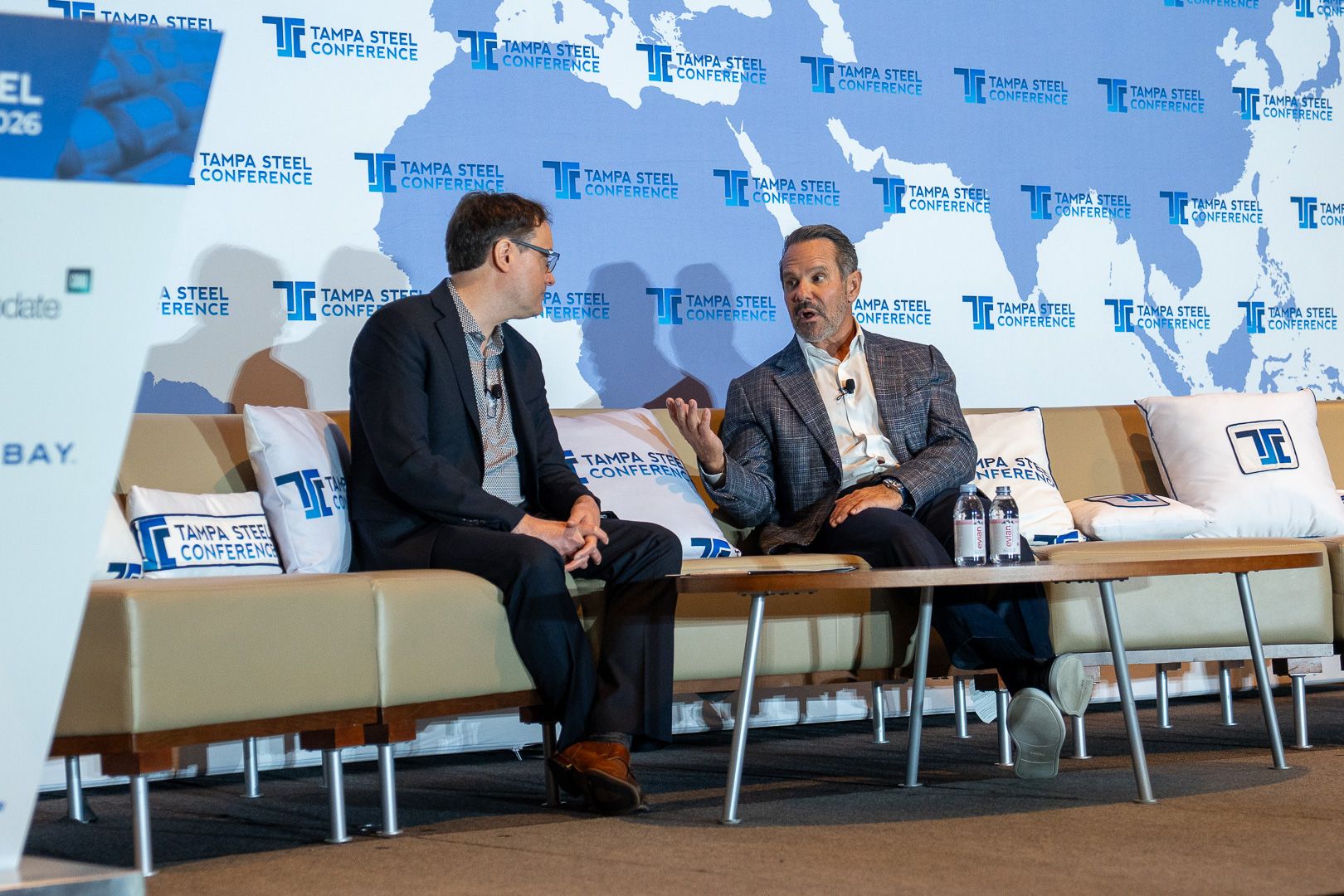Community Events
June 27, 2025
Granite City Works must remain open and other terms of the Nippon-USS deal
Written by Stephanie Ritenbaugh
Nippon Steel must not close or sell U.S. Steel’s Granite City Works in Illinois within the next two years or move the steelmaker’s headquarters from Pittsburgh without President Trump’s approval.
Those are among the provisions included in the $14-billion deal allowing Nippon to acquire U.S. Steel.
One unusual aspect of the tie-up is the inclusion of a so-called “Golden Share,” or Class G share, which was meant to give some control over the company to the US government.
The terms of the deal name President Donald Trump specifically in that role, giving him a personal veto power over those and other decisions as part of the “Golden Share” provision for as long as he “is serving as president,” according to documents filed with the US Securities and Exchange Commission. That role will move to the US Treasury and Commerce Department when he is no longer in office, according to the documents.
Nippon and USS finalized their partnership June 18 after facing regulatory hurdles since first announcing the deal in December 2023.
Granite City terms
Nippon must not “close, idle, or sell Granite City Works prior to June 18, 2027,” or close, idle, or sell any other production location prior to June 18, 2035, without the approval of Trump or his designee, with the exception of a temporary Idling or a force majeure event, according to documents filed with the SEC.
Granite City’s two blast furnaces were indefinitely idled in recent years. However, it still has an agreement with SunCoke Energy to produce coke through the end of September.
SunCoke signed a non-binding agreement with the Pittsburgh-based steelmaker in June 2022. Under that earlier pact, SunCoke would get the blast furnaces at USS’ Granite City Works near St. Louis. The blast furnaces would be repurposed to process iron ore and manufacture pig iron for U.S. Steel.
USS indefinitely idled iron- and steelmaking at its Granite City Works in late November 2023, including its ‘B’ blast furnace, one of two BFs at the mill. The ‘A’ furnace was indefinitely idled in April 2020, according to SMU’s blast furnace status table.
Presidential control
When it comes to the US government owning shares of a company – it’s an unusual arrangement, Brian JM Quinn, a professor at Boston College Law School, said in comments to SMU.
He gave an example of where you might see something like this. Let’s say the Carnegies, who founded Carnegie Steel in 1892 and sold to U.S. Steel in 1901, still wanted a say in the business. They might sell off the business but craft a so-called “Carnegie Share,” that gives them special rights to vote on company matters.
“But it’s not a very common structure, especially involving big government officials like this,” Quinn said. “It’s unheard of.”
Other terms
According to the documents, the company also cannot do the following without the consent of Trump or his designee:
1. Fail to follow recommendations on trade actions;
2. Acquire a US-based business that competes with the corporation or its suppliers;
3. Implement pricing of the corporation’s average spot sales price during any rolling six-month period below 85% of the corresponding six-month average for that steel product as publicly published by the U.S. Midwest Domestic Hot-Rolled Coil Steel Index, “provided, that … the average spot sales price will be calculated monthly and will be based on the average spot price for the applicable steel product for each individual customer transaction in the United States.”
4. Reduce the base salary of employees before June 18, 2030;
5. Make material changes to the corporation’s existing raw materials and steel sourcing strategy in the United States, unless such changes are intended to benefit the corporation.





